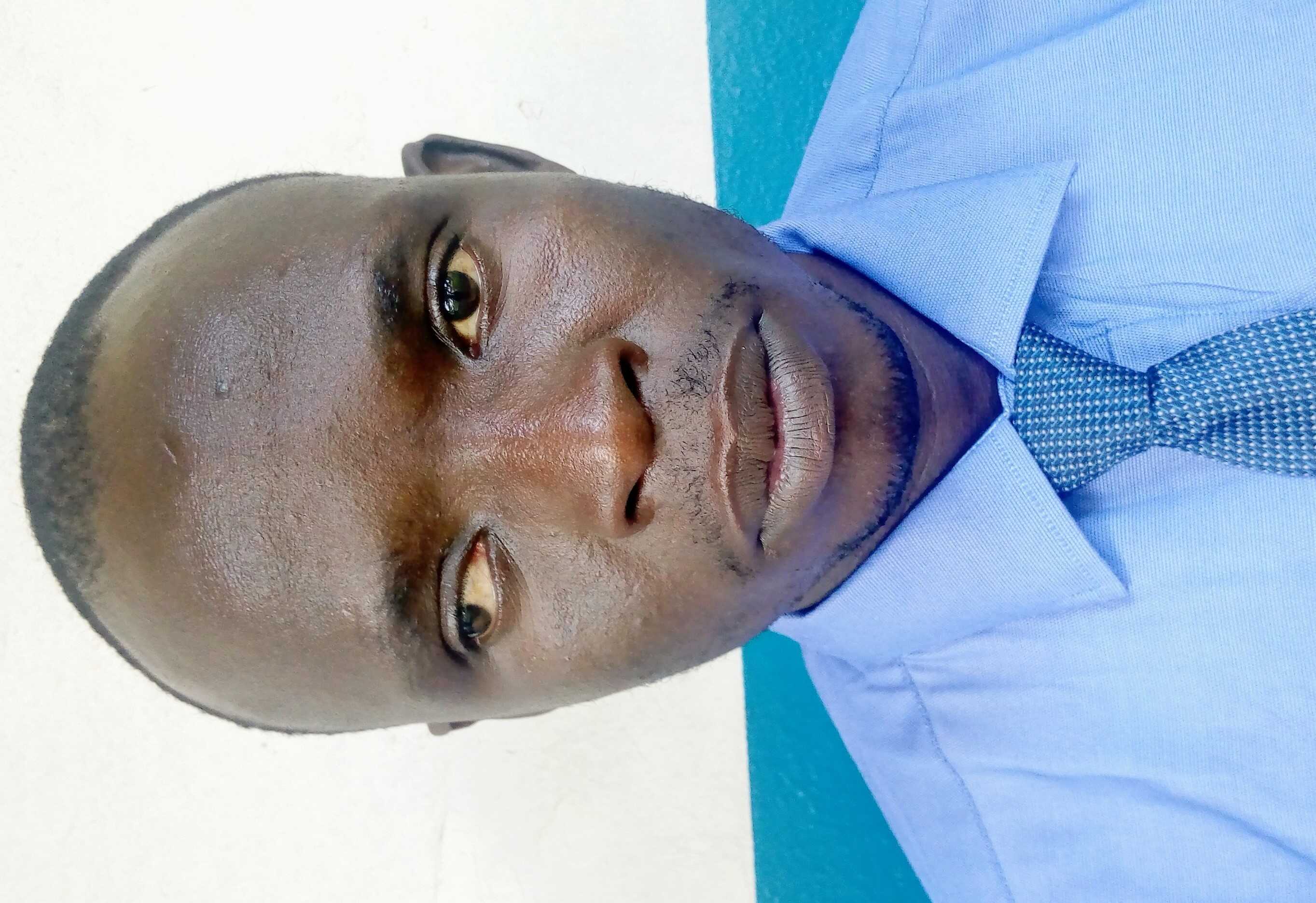People
Faculty
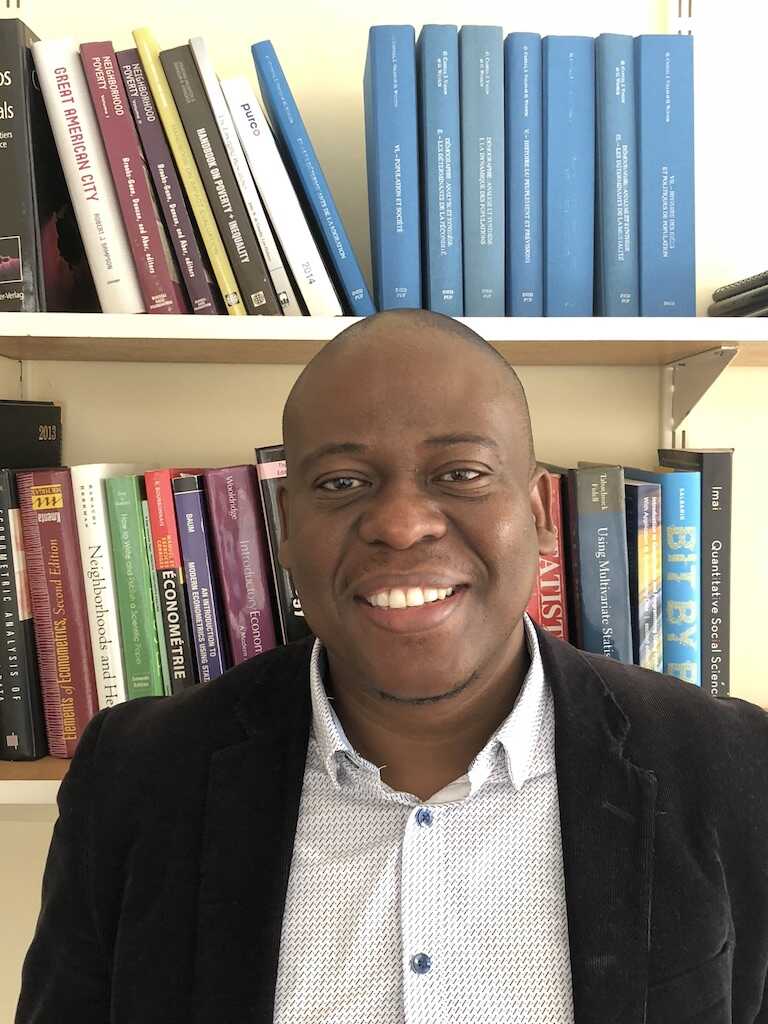
Vissého Adjiwanou
Vissého Adjiwanou is a professor of Demography and quantitative and computational methods in the Department of Sociology at the Université du Québec à Montréal (UQAM), and adjunct professor at the Department of Demography (Université de Montréal). He directs the Lab on quantitative and computational social science. He is also affiliated with the Centre on Population Dynamics (McGill University). He received an M.A in Statistics from the National School of Statistics and Applied Economics (ENSEA-Cote d’Ivoire), an M.A in Economics of Development at the Centre for Studies and Research on International Development (CERDI- France) and a PhD in Demography from the Université de Montréal (Canada). His research focusses on population issues in sub-Saharan Africa and in Canada, including fertility, family dynamics, gender inequality, reproductive health, and integration of immigrants from SSA in Canada.Speakers
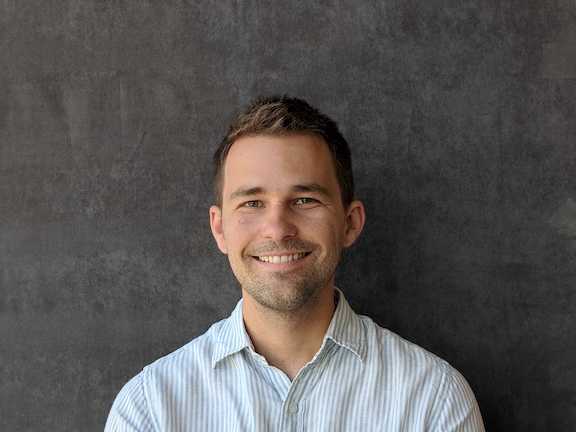
Ashton Anderson
Anderson Ashton is an Assistant Professor of Computer Science at the University of Toronto, where he is also a Faculty Affiliate with both the Vector Institute and the Schwartz-Reisman Institute for Technology and Society. He received his PhD from Stanford University in 2015 and completed a postdoctoral appointment at Microsoft Research NYC in 2017. His research in computational social science encompasses a diverse range of questions at the intersection of AI, data, and society. His work has appeared in top-tier venues including the Proceedings of the National Academy of Sciences, Management Science, and the International Conference on Machine Learning. He received a best paper runner-up award at WWW 2014, was invited to the 2016 TKDD Special Issue of Best Papers of KDD 2016, and won the 2012–2015 Google PhD Fellowship in Social Computing. His presentation for this Summer school will focus on The Cultural Structure of Online Platforms.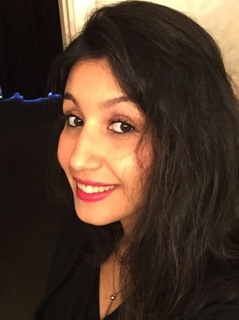
Golnoosh Farnadi
Golnoosh Farnadi is an assistant professor at the decision sciences department at HEC Montréal and a core academic member at Mila (Quebec AI Institute). She develops novel machine learning and AI models to tackle fairness and ethics in AI. Her recent work has mainly focused on addressing bias and algorithmic discrimination in decision making models. Golnoosh completed her PhD in Computer Science at KU Leuven and Ghent University in 2017, and then she became a postdoctoral researcher at the Statistical Relational Learning Group (LINQS) at the University of California, Santa Cruz. In 2021, Golnoosh was appointed a Canada AI CIFAR chair. She has significant collaborative experience with both academia and industry including Microsoft research, UCLA, University of Washington, and Tsinguha University. These successful collaborations are reflected in over 40 publications in international conferences and journals. Among her numerous accomplishments, Golnoosh has received two paper awards for her work on statistical relational learning frameworks. For this Summer School, She will present on Fairness in Machine Learning.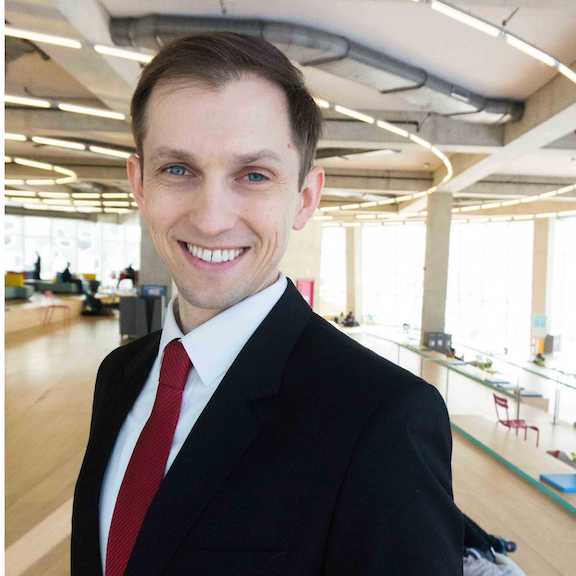
Anatoliy Gruzd
Gruzd Anatoliy is a Canada Research Chair (CRC) in Privacy-Preserving Digital Technologies, an Associate Professor at the Ted Rogers School of Information Technology Management and the Director of Research at the Social Media Lab at Ryerson University. He is also a Member of the Royal Society of Canada’s College of New Scholars, Artists and Scientists, a co-editor of a multidisciplinary journal on Big Data and Society, and a founding co-chair of the International Conference on Social Media and Society. As a computational social scientist, Dr. Gruzd’s research broadly explores how social media platforms are changing the ways in which people and organizations communicate, collaborate, disseminate information and misinformation, conduct business and form communities online, and how these changes impact society. Dr. Gruzd’s expertise lies in studying online communities and social networks, and developing new computational methods and tools to study public discourse on social media sites in a wide variety of domains. For this Summer School, He will present on Computational Approaches to Studying Anti-Social Behavior in Social Media.
Éric Lacourse
Lacourse Éric est professeur titulaire au Département de sociologie à l’Université de Montréal. Il est présentement Responsable du Baccalauréat bidisciplinaire psychologie et sociologie et anciennement directeur du Microprogramme en statistiques sociales. Il s’intéresse dernièrement à l’intégration des approches en apprentissage automatique aux données complexes. Il arbore une perspective multidisciplinaire qui intègre des concepts théoriques provenant de la psychologie développementale et de l'éducation, de la psychiatrie, de la criminologie et de la sociologie. Dans le présent projet, il offrira une expertise méthodologique dans l’analyse des données, ainsi qu’une expertise théorique sur les impacts sociaux du changement en lien avec l’identité et la personnalité. Sa présentation pour cette école d'été portera sur Algorithmes d’apprentissage et modèles statistiques.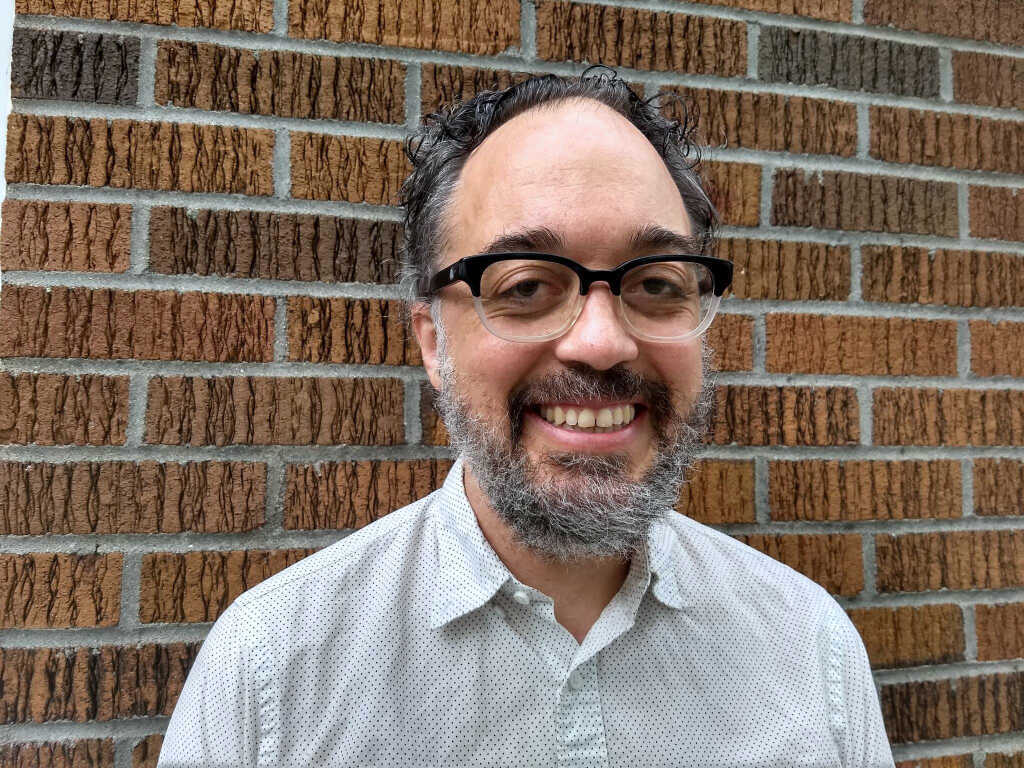
Peter McMahan
Peter McMahan is an Assistant Professor of Sociology at McGill University. He completed his PhD at the University of Chicago. His work centers on the ways that communication and other interaction informs and reinforces knowledge and cultural domains. He specializes in statistical modeling and computational methodologies, with particular focus on network analysis and methods for social inference on large, unstructured datasets. For this Summer School, He will present on Culture, knowledge, and data.Teaching Assistants
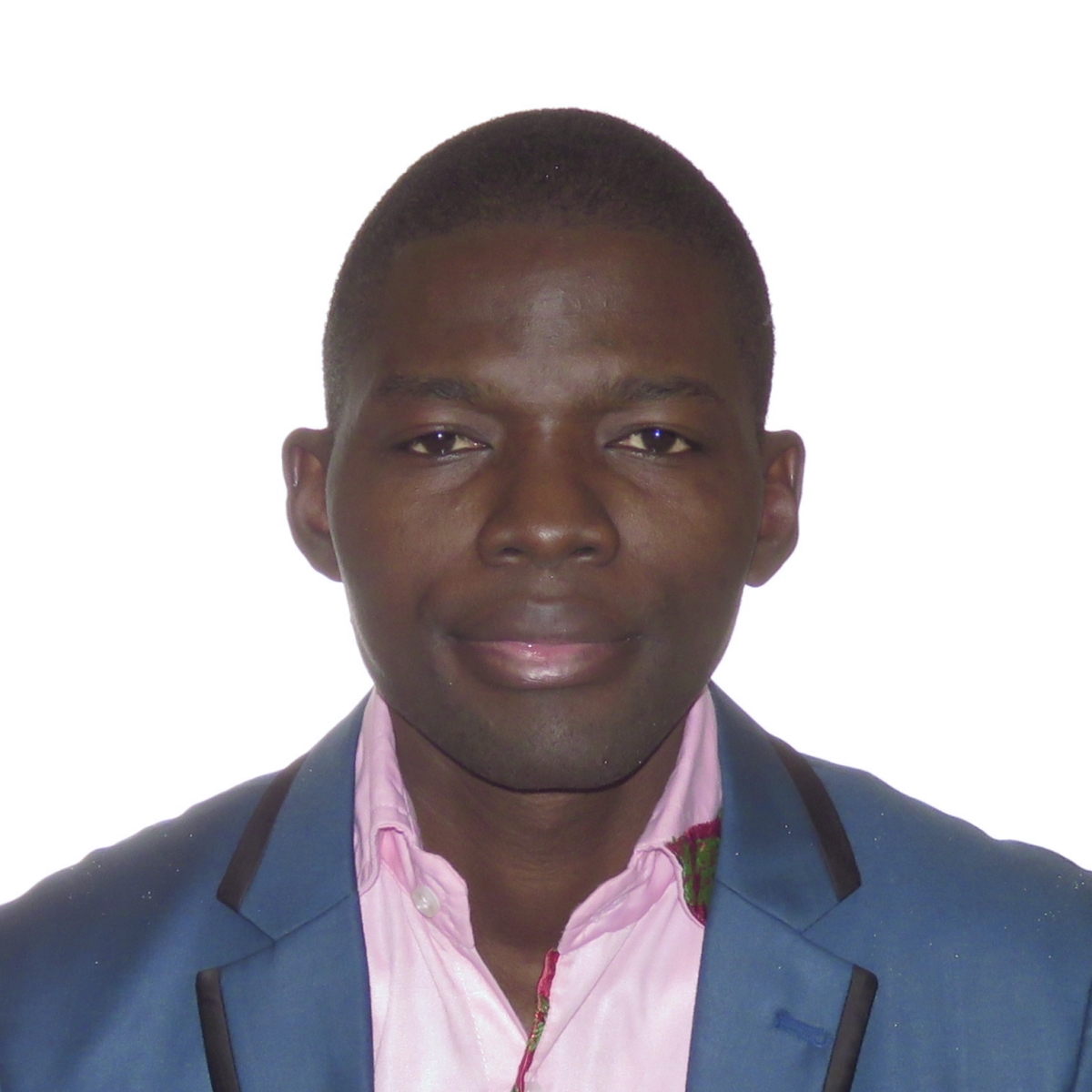
Robert Djogbenou
Robert Djogbenou is a PhD candidate in Demography at the Université de Montréal. He is also student in Data Science and Machine Learning at the McGill University and in Artificial Intelligence/Machine Learning at the University of Texas at Austin. His research uses computational approaches to study immigrants’ socio-cultural integration in Canada. His other interests include reproductive health and family dynamics in sub-Saharan Africa. He is affiliated with the Lab on quantitative and computational social science at the Université du Québec à Montréal.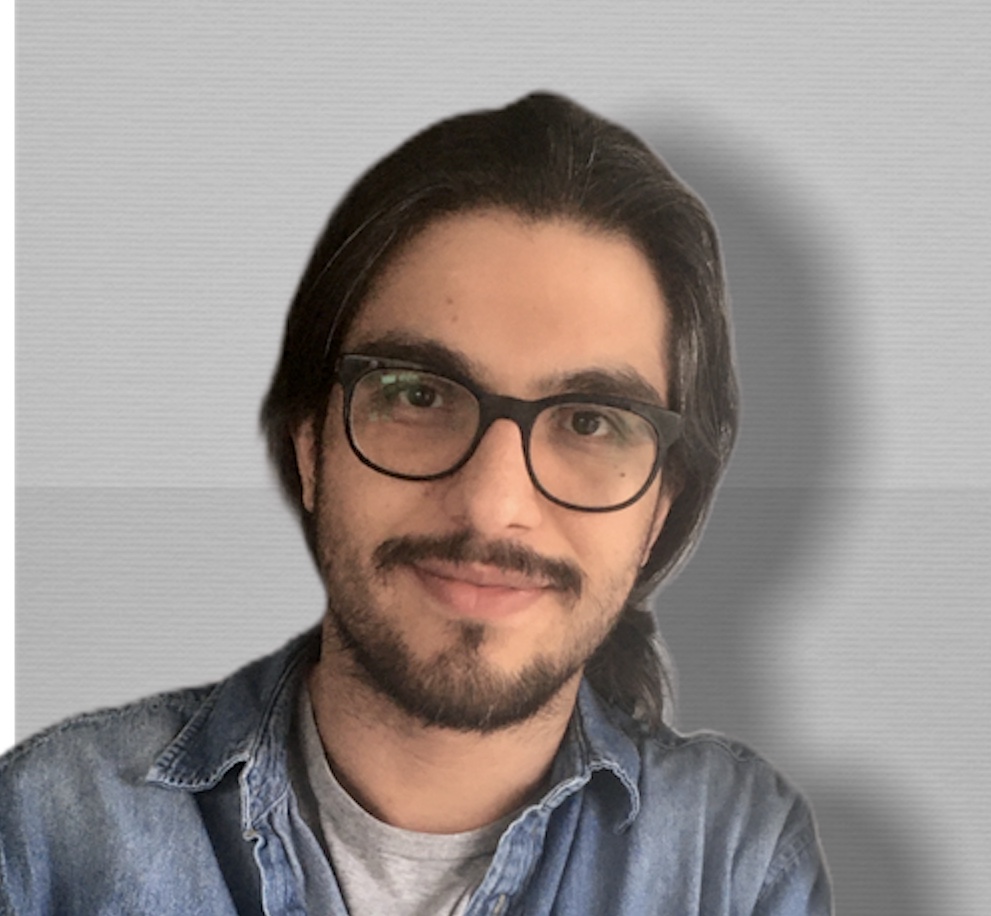
Nima Zahedinameghi
Nima Zahedinameghi is a postdoctoral researcher at the Lab on quantitative and computational social science at the Université du Québec à Montréal. He earned a Ph.D. in sociology from Laval University. His current research agenda revolves around the combined application of social and complex systems theory and formal methods such as agent-based modelling and computational techniques. Methodologically, he is interested in using artificial intelligence for the study of human behavior in large-scale social systems.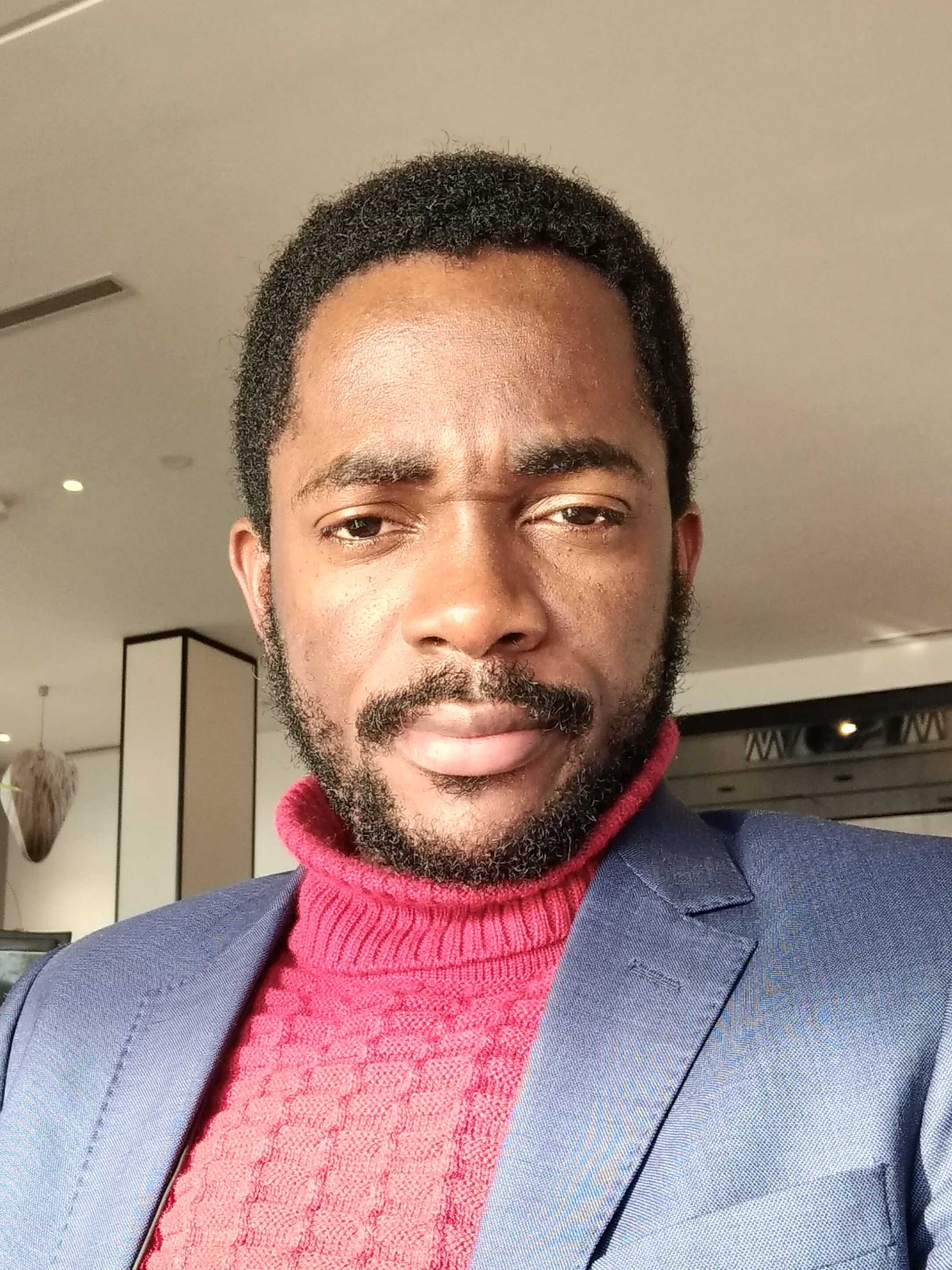
Georges Alain Tchango Ngalé
Georges Alain Tchango Ngalé is a PhD candidate in demography at the Université de Montréal. He participates in research activities as part of Trajectories of Immigrant Participation in Quebec Society (TrajIPaQ) project in the Department of Demography. His thesis project focuses on the relationship between the health of immigrants and their participation/integration into Quebec society, using a mixed methodological approach. More generally, his heuristic fields of interest focus on population health and gender-based violence, trying to follow as much as possible a cross perspective between life course and intersectionality. He has participated in several international conferences and is the author/co-author of a scientific article and book.Participants

Roxana Arana
Roxana Arana is a PhD student in demography at the University of Montreal (UdeM), she holds a master’s degree in science and a bachelor’s degree in statistics. Her work focuses on the analysis of the Mexican demographic transition, the change in family dynamics and the evolution of indigenous populations from the beginning of the 20th century to its current state. She is also interested in the operationalization of social phenomena such as human development, rurality, socioeconomic development, social inequity, education, violence, and gender equity. She is a teaching assistant in the Department of Demography at UdeM as well as a research assistant in the Research Program in Historical Demography group of the Canadian Population (PRHD). She is also a Senior Research in the Social Statistics group of the Statistics Department at the Universidad Autónoma Chapingo in Mexico.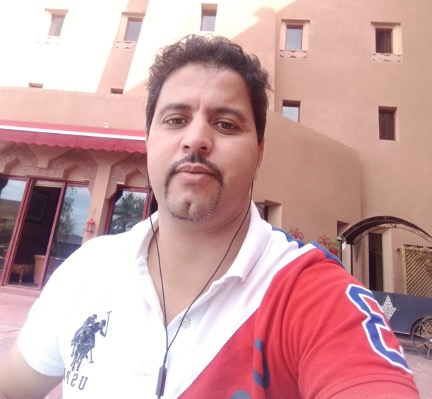
Alhiani Brahim
Alhiani Brahim est enseignant chercheur à l’Université Cadi Ayyad, Marrakech et membre du laboratoire: Sciences Sociales et transformations sociétales. Il a décroché son doctorat de Sociologie en 2018. Ses intérêts de recherche portent principalement aussi bien sur la sociologie du travail et des entreprises à savoir l’égalité des genres au sein des coopératives féminines, la formation et la culture organisationnelle chez les jeunes entrepreneurs, que sur la question de l’enseignement des méthodes de recherche, la modélisation et l’analyse des données en Sociologie.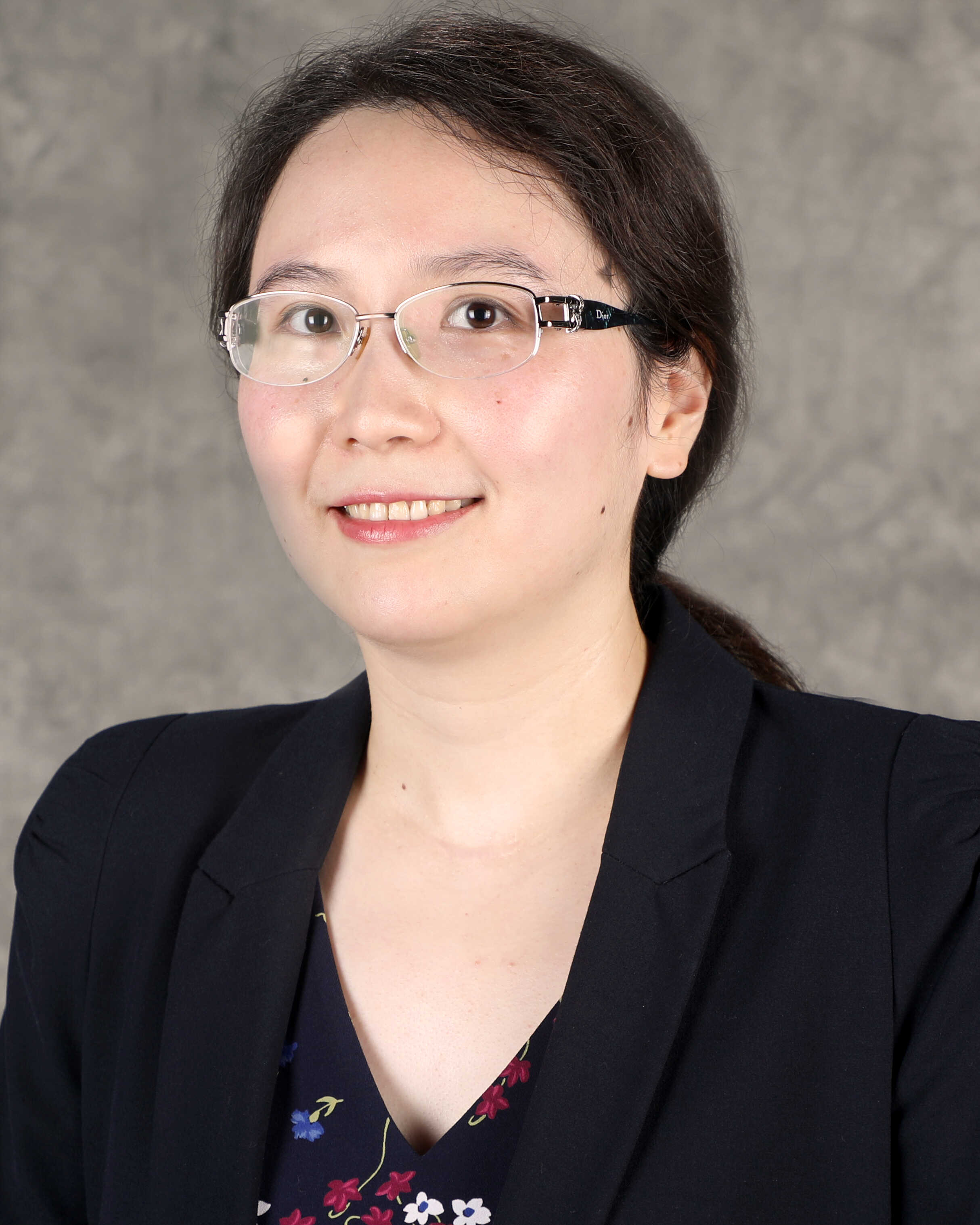
Yingying Chen
Yingying Chen is an assistant professor at the School of Journalism and Mass Communications at the College of Information and Communications, University of South Carolina. Her research focuses on understanding the relationship between news media, political actors, and publics in spreading information about a variety of social issues in the digital media landscape. She is passionate about integrating her studies with computational social science methods, such as text mining, supervised/unsupervised machine learning, data mining, and network analysis. She is also interested in exploring approaches to produce theoretical contributions with computational social science methods. She holds a Ph.D. degree in Information and Media from Michigan State University, a M.S. degree in Integrated Marketing Communications from Medill School of Journalism from Northwestern University, a M.A. degree in International Journalism and Communication from Tsinghua University, a B.A. degree in English Language and Literature, and a minor in Corporate Finance from Nankai University, China. Prior to entering academia, she was Nairobi bureau chief for China’s Xinhua News Agency.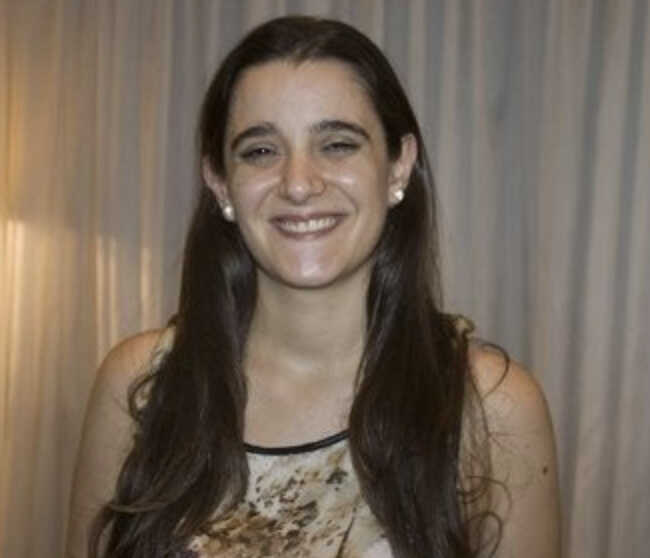
Maria Alejandra Costa
Maria Alejandra Costa est candidate au doctorat de Sciences Politiques à l'Université de Montréal. Elle est affiliée au Centre Interuniversitaire de recherche sur la Science et la Technologie (CIRST) et au Centre de Recherche sur les Politiques et le Développement Social (CPDS). Elle a une maitrise en sciences politiques de l'Universidad Torcuato Di tella (UTDT) de Buenos Aires et une maitrise en marketing quantitatif de l'Université Technologique de Buenos Aires (ITBA). Ses recherches portent sur la dynamique de l’agenda politique en Amérique du Sud et le rôle des groupes d’intérêts et des médias dans la politique publique.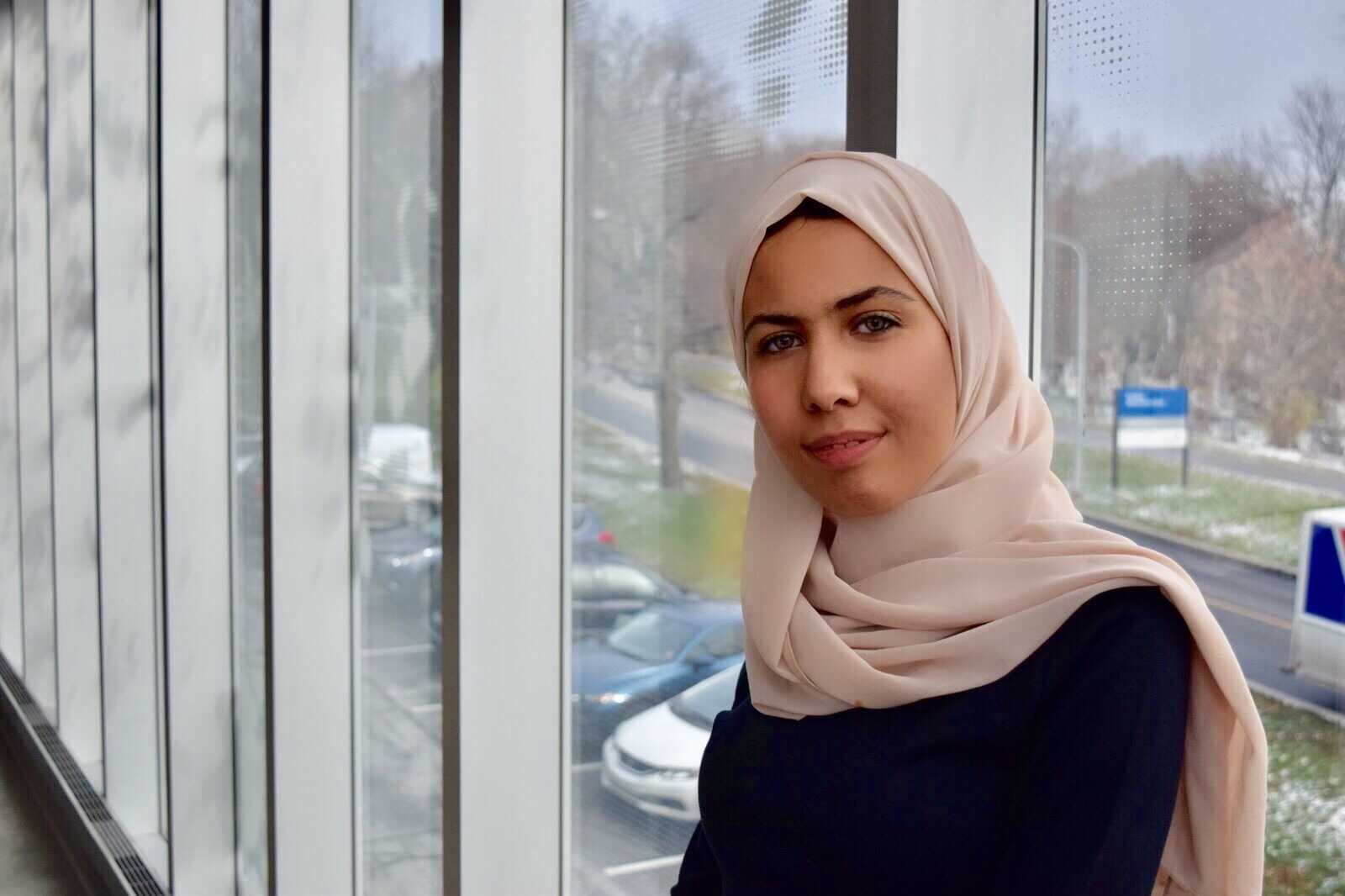
Khaoula El Khalil
Khaoula is a graduate student in political science under the supervision of Frédérick Bastien and Samuel Tanner (Department of Criminology) at the Université de Montréal. She is also a research assistant in the department of political science and a member of the GRCP (Groupe en communication politique) and CECD (Centre pour l'étude de la citoyenneté démocratique). Her research interests focus on online radicalization and right-wing extremism. In particular, she is interested in how the radical right frames its discourse during the Covid-19 period.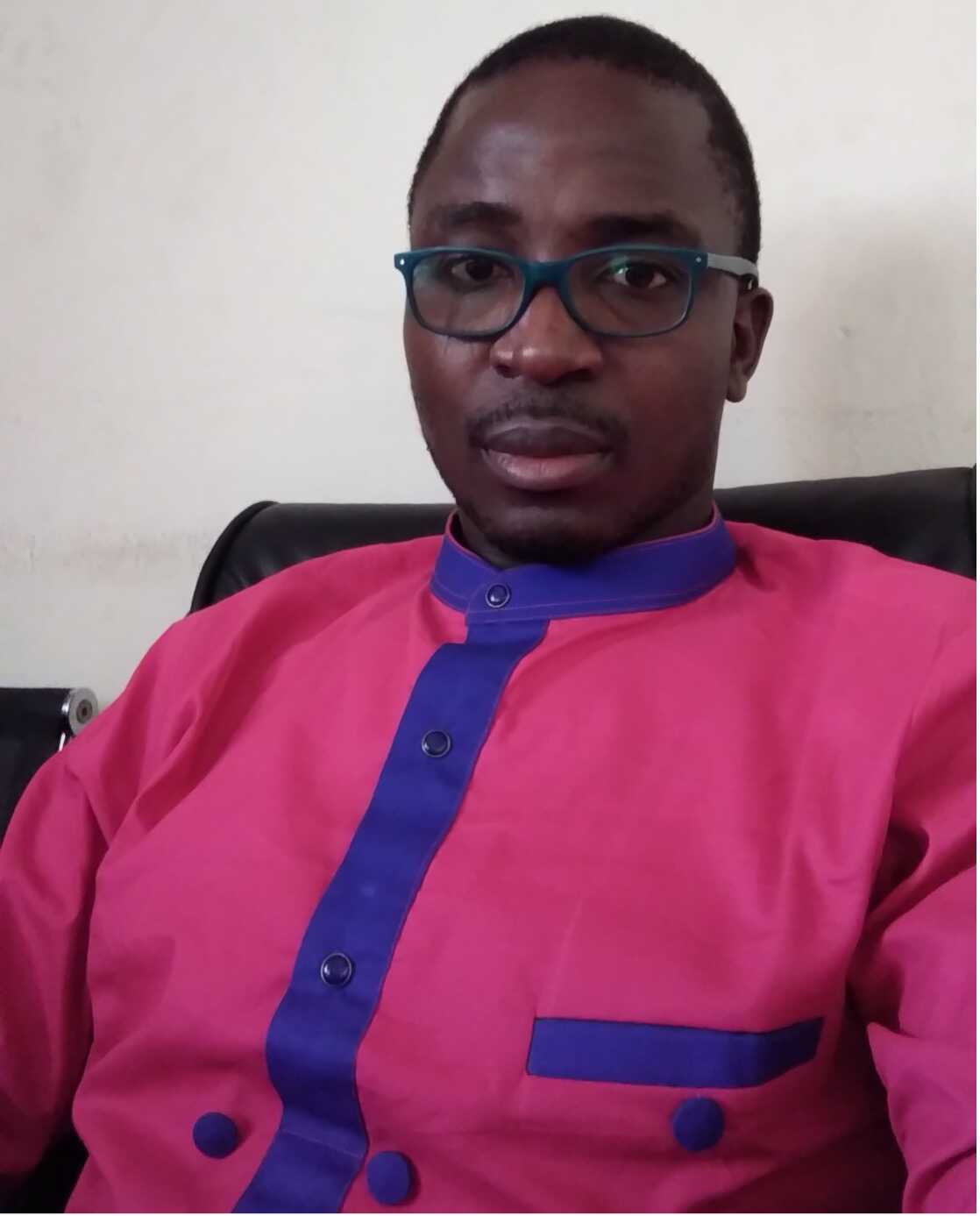
Roland Narcisse Elandi
Roland Narcisse Elandi is a research assistant at the Institute for Training and Demographic Research (IFORD). He participated as Data Analytics in the realization of several projects and studies. He is interested in reproductive health, gender-based violence and modeling of demographic dividend. His thesis project seeks to understand how gender inequalities linked to domestic violence interact with household and community characteristics to influence the use of family planning in the countries of the Lake Chad Basin.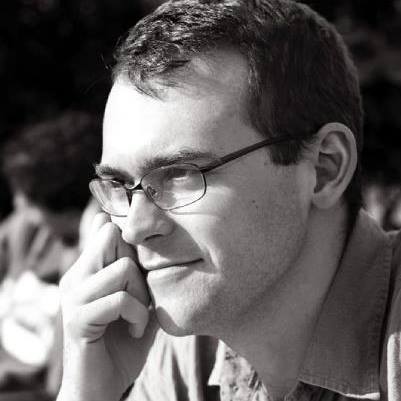
Ryder Gillespie
Ryder Gillespie est doctorant en sociologie à l’Université de Montréal. Intéressé par la nature, les sciences et par la dimension politique et morale des phénomènes humains, il rédige actuellement une thèse qui interroge les difficultés des sciences sociales et notamment de la sociologie, à être reconnu comme des sciences. Matérialiste, il considère que les développements technologiques actuels, orientés à des fins de connaissances, seront à même de révéler aux chercheurs des dimensions collectives de la réalité qui leur étaient jusque-là inaccessibles. Néanmoins, conscient des enjeux éthiques et des limites pratiques liés à la mise en œuvre et à l’usage de ces technologies, son travail se concentre dans un premier temps à essayer de formuler et si possible de démontrer les conditions de possibilité d’une science du social.
Wenqing Huangfu
Wenqing Huangfu is an incoming graduate student in Social Research Methods at the London School of Economics and Political Science. She earned a bachelor's degree (Honours) in Political Science from the University of Macau. She studies comparative politics with a focus on China. She is also interested in political methodology.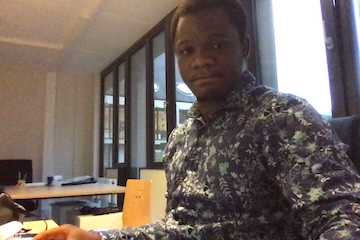
Emmanuel Idohou
Emmanuel Idohou est doctorant en Démographie à l'Université Catholique de Louvain (UCLouvain, Belgique) et affilié au laboratoire DEMO (centre de recherche en Démographie) en cotutelle avec l'institut national (français) des études démographique (INED). Ses recherches portent sur la mortalité infanto-juvénile (MIJ) des enfants d'immigrés et des natifs français et belges. Il s'agira d'analyser la MIJ selon l'origine migratoire et selon le statut administratif des immigrés à partir de deux sources différentes: le registre belge de population et l'échantillon (français) démographique permanent (EDP).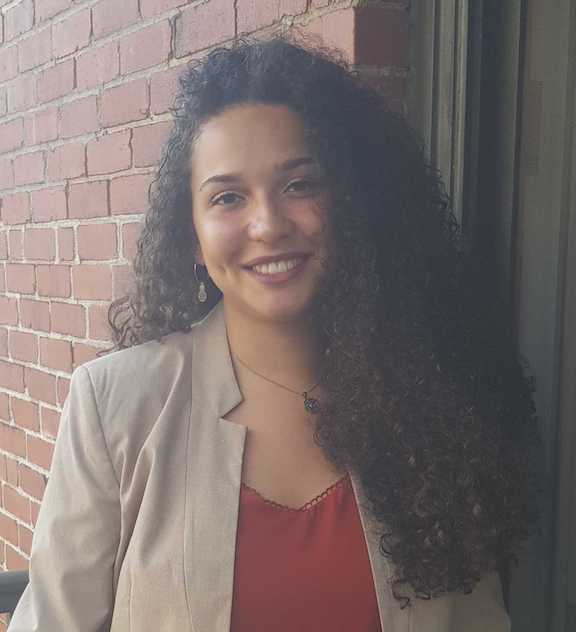
Anne Imouza
Anne Imouza is a M.A student in political science at the Université de Montréal (Canada). She also completed her Honours B.A in political science at Université de Montréal. Her research interests include quantitative methods and public opinion in Canada and in the United States. Her research project focuses on using artificial intelligence for the study of social bots and public opinion in social media environments.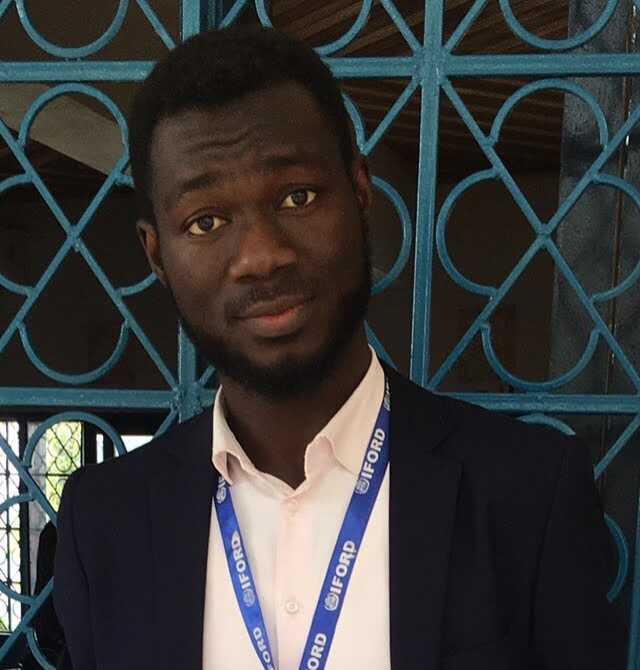
Soro Kassoum
Soro Kassoum est un étudiant en Master 2 Démographie à l'Institut de Formation et de Recherche Démographiques (IFORD) Yaoundé-Cameroun. Il est titulaire d'une Licence en Mathématiques et d'une Maitrise en Probabilité-Statistiques à l'Université Nangui Abrogoua (UNA-Côte d'Ivoire). Ses recherches en sciences de la population portent sur les tendances de la non-vaccination des enfants de 12 à 23 mois en Côte d'Ivoire.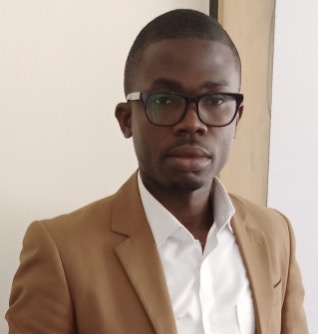
Yao Jean Kouadio
Yao Jean Kouadio est admis en doctorat de sociologie au département de Sociologie à l'Université du Québec à Montréal. Il est actuellement Assistant de Recherche à l'Ecole Nationale Supérieure de Statistique et d'Economie Appliquée (ENSEA) à Abidjan où il participe à la mise en œuvre de plusieurs études notamment en santé. Il est consultant en Analyse des données à Jhpiogo Côte d'Ivoire. Il a obtenu un master en démographie à l'IFORD. Ses champs de recherche sont santé maternelle et infantile, inégalité sociale, genre et transformation des familles en Afrique à l'aire du numérique.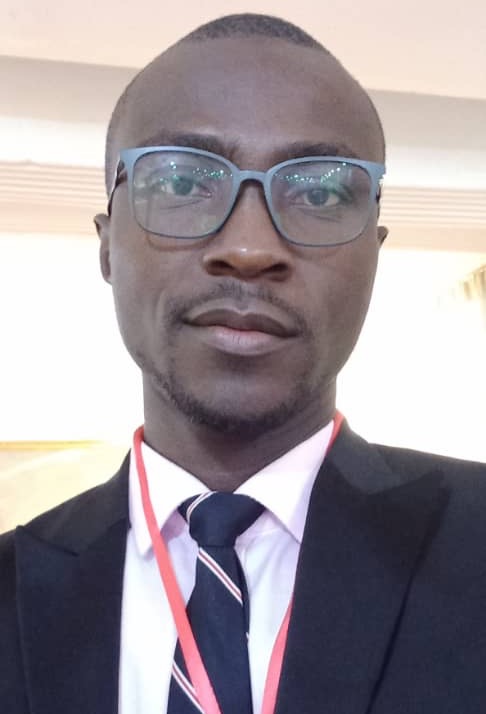
Didier Stéphane Legbre
Didier Stéphane Legbre est étudiant en Master 2 à l’Institut de Formation et de Recherche Démographiques (IFORD). Il a obtenu en 2016 à l’Université Felix Houphouët Boigny, sa licence en géographie humaine. Il s’intéresse aux questions relatives à la santé maternelle et infantile. Son mémoire de Master porte sur « Facteurs individuels et contextuels de la discontinuité des soins néonatals biomédicaux ». Il a aussi obtenu, le prix du meilleur poster scientifique dans le cadre de la deuxième journée de sensibilisation sur le suivi des ODD en Afrique.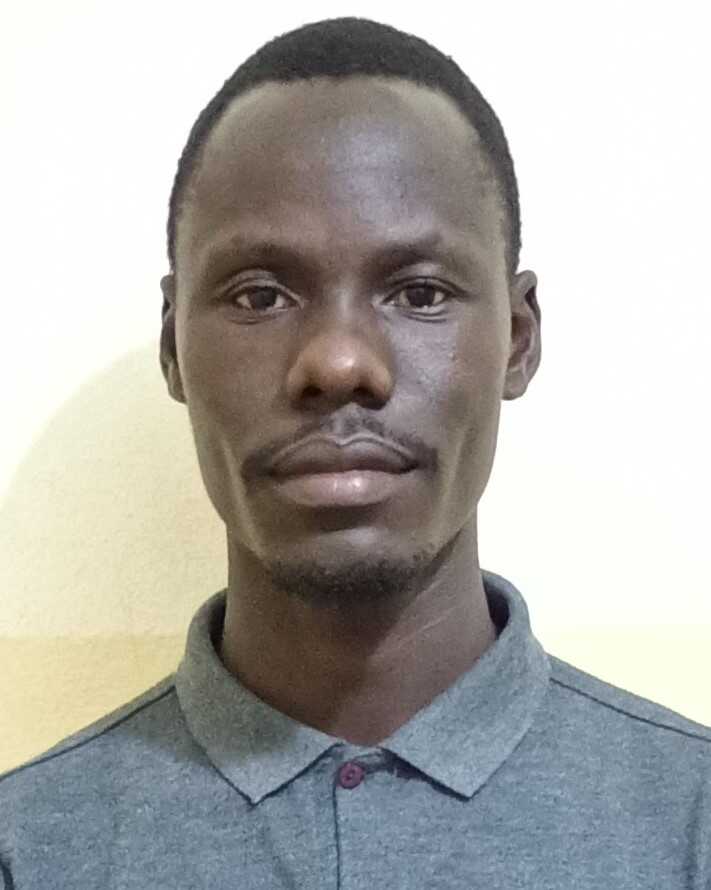
Rabelai Marchal Aka
Rabelai Marchal Aka est un étudiant en deuxième année de Démographie à l'Institut de Formation et de Recherche Démographiques (IFORD) de l'Université de Yaoundé II (Cameroun) et titulaire d'une Licence en analyse des phénomènes économiques, puis d'un Master Recherche en économie option Politique Economique et Modélisation de l'Université Alassane Ouattara de Bouaké (Côte d'Ivoire). Son mémoire de fin de formation porte sur : Pratiques alimentaires et état nutritionnel des enfants de 0 à 23 mois en Côte d'Ivoire.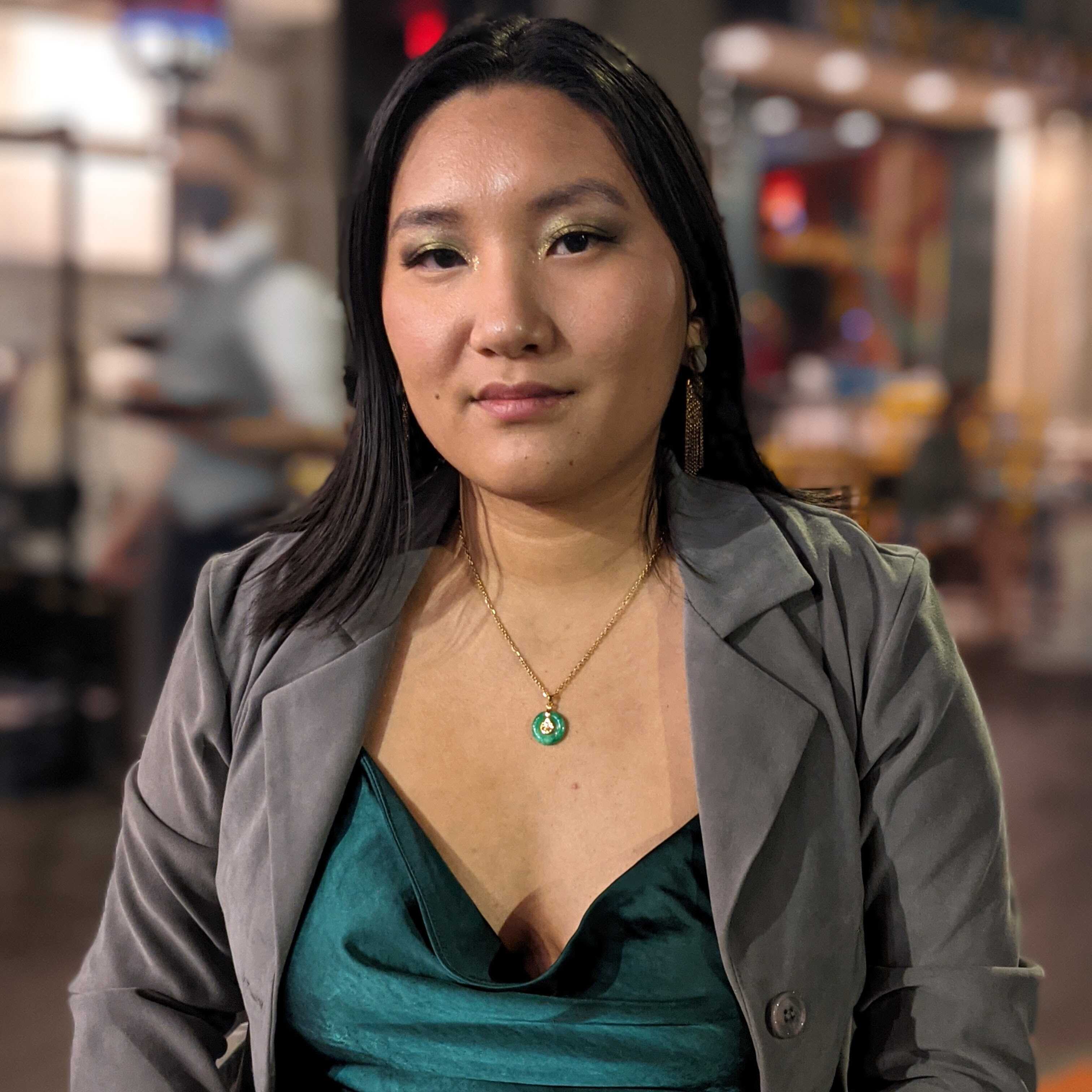
Miranda Melson
Miranda Melson is a PhD student of Sociology at Northeastern University in Boston, Massachusetts. Her research examines social inequality and globalization, which includes transracial adoption, sexual violence, and gender equity. Miranda employs mixed research methods of social network analysis, text analysis, and qualitative coding. She is currently a graduate research assistant for a National Science Foundation-funded project on the diffusion of gender equity ideas among ADVANCE program networks. Miranda has previously published in PLOS One journal.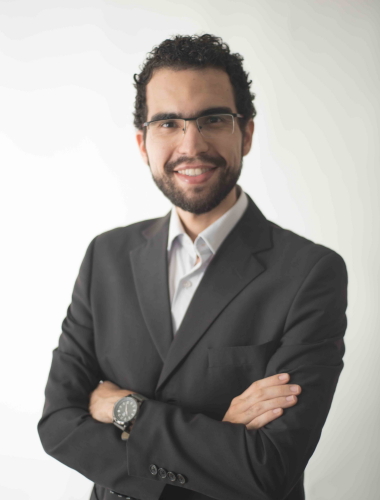
Rafael Mesquita
Rafael Mesquita is an Assistant Professor of International Relations at the Political Science Department of the Federal University of Pernambuco (UFPE, Brazil), researcher at the 'Núcleo de Estudos de Política Comparada e Relações Internacionais' (NEPI, UFPE) and Associate Research Fellow at the German Institute for Global and Area Studies (GIGA, Hamburg). He has conducted his undergraduate and graduate studies at UFPE, Sciences-Po, GIGA-Hamburg and Oxford. He is presently the coordinator of the research project 'The Global South in Numbers' and publishes on Regionalism, Emerging Powers, Brazilian Foreign Policy and the UN, mainly applying quantitative methods. His work has been featured on Third World Quarterly, Bulletin of Latin American Research, Global Society, Revista Brasileira de Política Internacional, among others.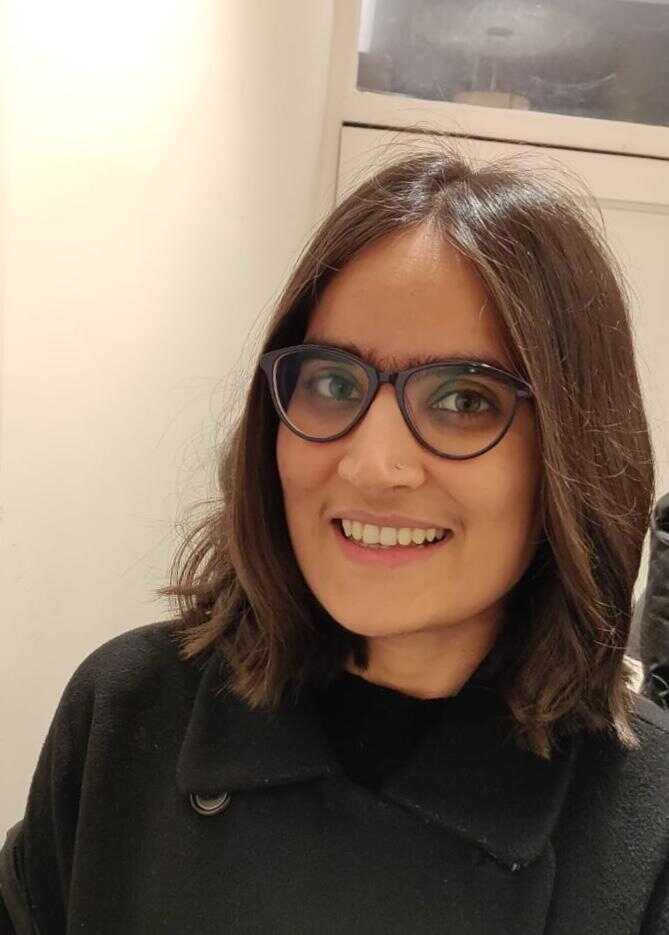
Soumya Mishra
Soumya Mishra is a PhD Candidate in International Development, University of Oxford. Her research uses ethnographic methods to understand various exclusions that internal migrants face within India when they migrate in search for work and employment. Her other research interests include urban-rural divides in India and its implications on democratic politics and she aspires to use mixed methods and computational methods to analyse networks of migration, map exclusions or integration into local cultures and its impact on political preferences for future research.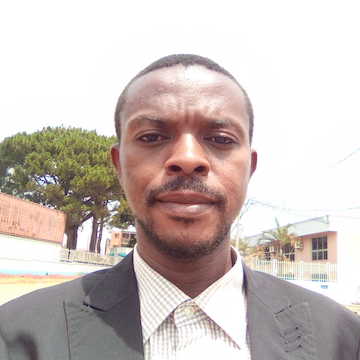
Jackson Engala Moduka
Jackson Engala Moduka est étudiant en master en démographie à l'Institut de Formation et de Recherche Démographiques (IFORD). Ses recherche portent sur la violence entre les partenaires intimes.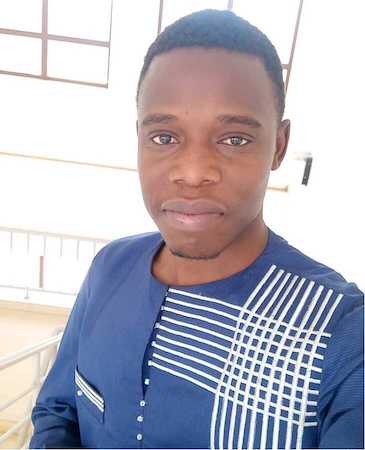
Exaucé Ngadandé
Exaucé Ngadandé est doctorant en démographie à l'université de Montréal. Ses activités de recherche portent sur l'influence du niveau d'éducation de la femme sur les rapports de genre au sein du ménage et le processus de préparation à l'accouchement en recourant à une approche méthodologique multiniveau. Ses centres d'intérêt se concentrent essentiellement sur la santé de la reproduction, le genre et l'éducation dans le contexte africain, précisément l'Afrique subsaharienne.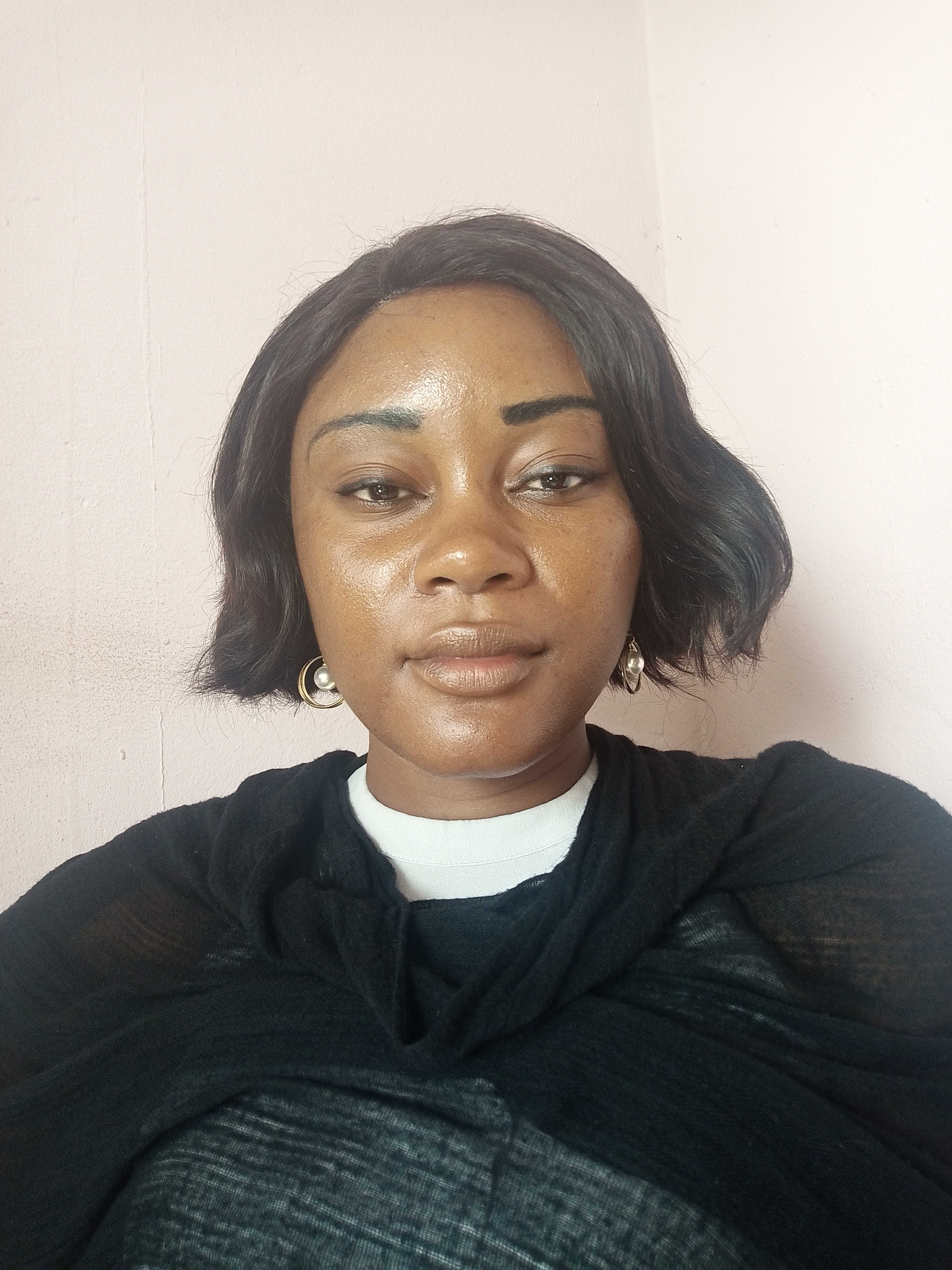
Vanessa Amina Ngamtiate
Vanessa Amina Ngamtiate est titulaire d’un Master Professionnel en Démographie à l’Institut de Formation et de Recherche Démographiques (IFORD)/Université de Yaoundé II (Cameroun), d’une Licence en Géographie Physique à l’Université de Yaoundé I (Cameroun). Ses centres d’intérêt portent sur l’égalité de sexes et l’autonomisation des femmes, la migration et le développement, la dynamique démographique et les approches méthodologiques en sciences sociales. Elle est membre de l’Association Internationale des Démographes de la Langue Française (AIDELF) et de l’Union pour l’Etude de la population Africaine (UEPA).
Rose Ngo Mandjeck
Ngo Mandjeck Rose est diplômée de l'Institut de Formation et de Recherche Démographique (IFORD) et une licence en sociologie option population et développement. Elle est en service au Ministère de l'Économie, de la Planification et de l'Aménagement du Territoire au Cameroun. Lauréate à la Bourse ARES, pour le ''Master de spécialisation en science de la sante publique-méthodes appliquées à la santé globale'' pour le compte de la rentrée 2021-2022, elle est intéressée à l'application des méthodes computationnelles dans le cadre de la santé publique. Aussi, elle porte un intérêt particulier sur la santé de la population en générale et celle des populations vulnérables en particulier ceci dans la continuité de son mémoire de master en science de la population, qui s'est appesanti sur la recherche des déterminants de la survie des enfants de moins de 5 ans au Cameroun.
Aoudou Njingouo Mounchingam
Aoudou Njingouo Mounchingam is a PhD candidate in quantitative and computational social sciences at the Université du Quebec à Montréal. His research project focuses on the application of machine learning and deep learning methods in the study of mortality child in low and middle income countries. He is currently completing a M.A in applied mathematics, statistics at Aix Marseille University (France) and received an M.A in demography at the Institut of Training and Demographics Research (IFORD-Cameroon), as well an M.A in mathematics at the Higher Teacher Training College of Yaounde (Cameroon).
Catharina O'Donnell
Catharina O'Donnell is a PhD student in the sociology department at Harvard. She completed her BA in sociology and political science at McGill. She is interested in using mixed methods to study social movements. In particular, Cat is interested in right-wing social movements as well as interactions between movements.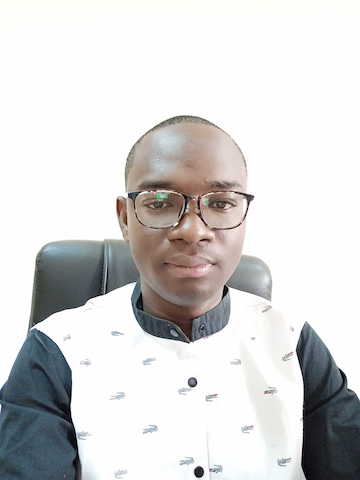
Idrissa Ouattara
Idrissa Ouattara est un doctorant en mesure et évaluation à l’université Laval. Son projet de recherche porte sur l’effet des facteurs de l’admission en médecine sur les performances des étudiants dans une perspective de parcours de vie. Il s’intéresse aussi à la santé de la reproduction des adolescentes et le genre. Avant qu’il s’engage dans un parcours doctoral, M. Ouattara a travaillé sur plusieurs projets comme le cinquième recensement général de la population et de l’habitation du Burkina Faso et le projet 'Sahelian women empowerment and demographic dividend (Projet SWEDD)'. Il travaille toujours sur ces deux projets, notamment en ce qui concerne le traitement et l’analyse des données en même temps qu’il poursuit ses recherches doctorales.
Angelina Parfenova
Angelina Parfenova is a graduate student in Data Science at the National Research University Higher School of Economics in Moscow. She has been a speaker at a number of conferences, including the International Conference on Computational Social Science in Amsterdam (ICSS 15) and already has several publications in Q1-Q2 journals. Having a BA in sociology, she plans to work on introducing sophisticated analytical methods from computer science to the social studies.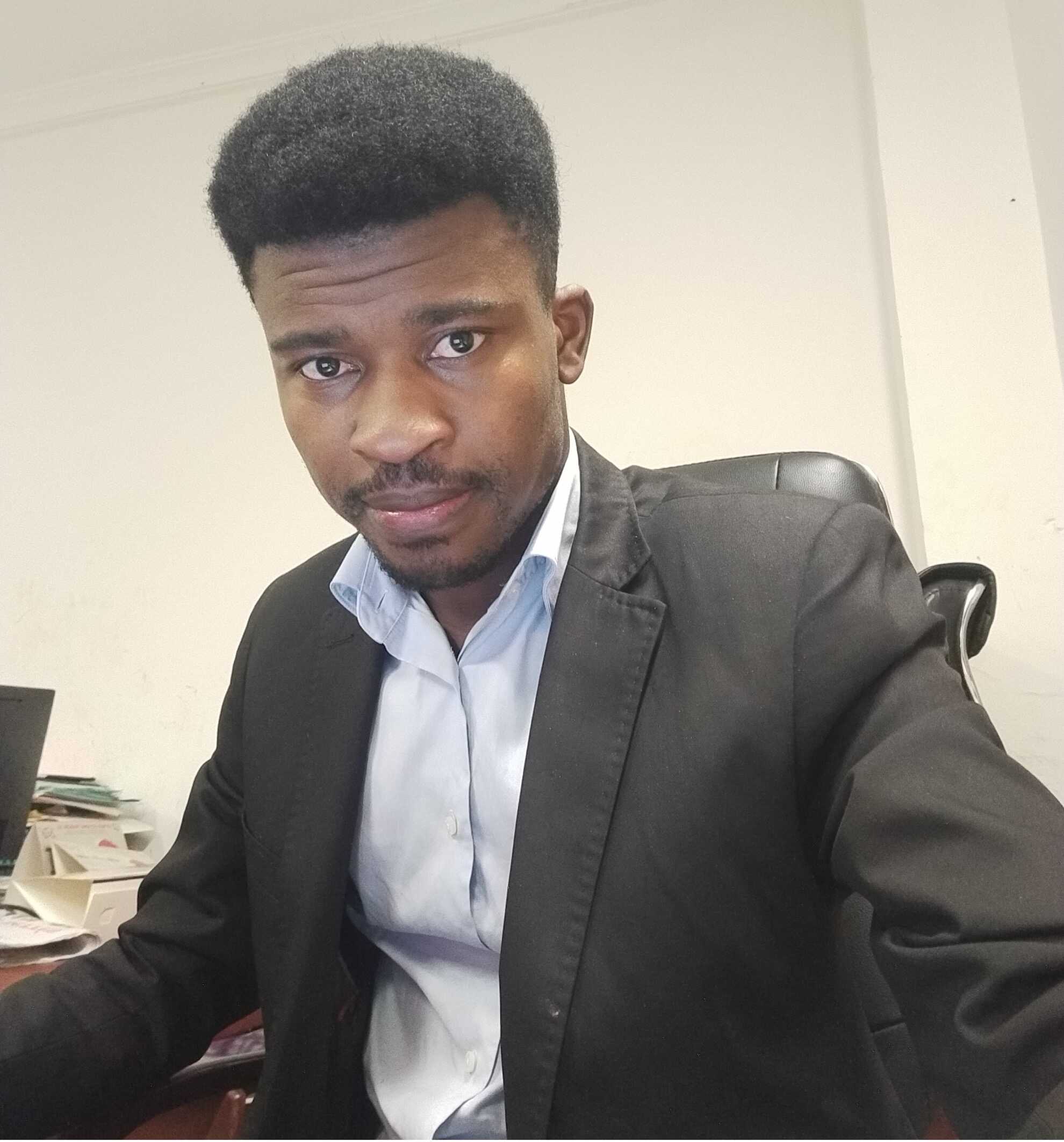
Angos Avelin Peguy
Angos Avelin Peguy has a Master's degree in Demography at the Institute for Training and Demographic Research (IFORD). Currently, he is a statistician and computer scientist trained respectively at the Sub-regional Institute of Statistics and Applied Economics (ISSEA) and at the University of Yaoundé I and in service at the Ministry of Economy, Planning and Regional Development of Cameroon. He uses computational methods in particular within the framework of these consultations in data collection and analysis for Non-Governmental Organizations and her individuals research.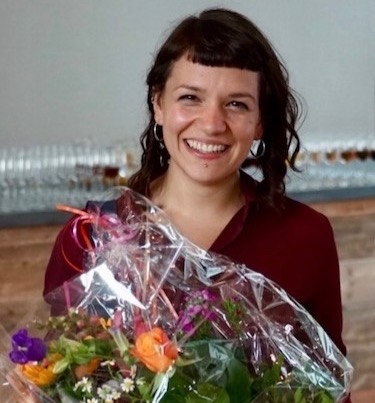
Aurora Perego
Aurora Perego is a Ph.D. student in Sociology and Social Research at Trento University (Italy). She holds a Research Master’s degree in Gender and Ethnicity from Utrecht University (the Netherlands) and a Bachelor’s degree in Peace Studies, International Cooperation, and Development from the University of Pisa (Italy). Aurora’s RMA thesis examined the legal status of LGBT asylum seekers in Spain and was awarded the 2018 Best Research Master’s Thesis Prize of the Humanities at Utrecht University. Her Ph.D. project investigates how LGBTQIA* civil society organisations interact in the online sphere. Her research interests broadly concern digital activism and alliances between social movement organisations, with particular attention to inter-organisational relations taking place at the intersections of gender, sexuality, and ethnicity.
Houlio St-Preux
Houlio St-Preux is a PhD candidate in Demography at the Université de Montréal (UdeM). He received a master in Population and Development at Latin American Faculty of Social Sciences of Mexico (Flacso-México) in 2016. He participates in research activities as part of Trajectories of Immigrant Participation in Quebec Society (TrajIPaQ) project in the Department of Demography. He has more than five years of progressive experience around Monitoring and Evaluation and Health Information System Management. His thesis project focuses on the differential fertility between women Haitian immigrant and natives of Haitian descent in Quebec.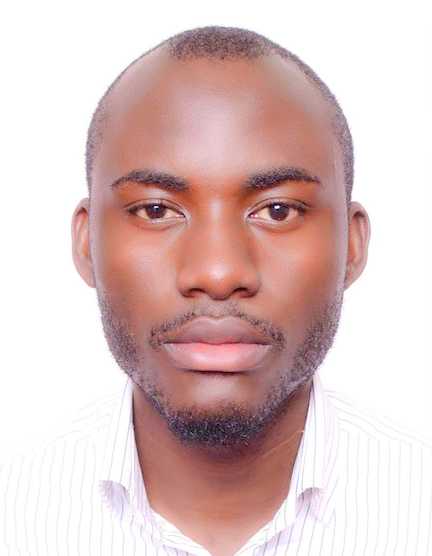
Cesinio Tangman
Cesinio Tangman est étudiant en Master II Démographie à l'Institut de Formation et de Recherche Démographiques (IFORD) et titulaire d'une Licence en Économie Mathématique à l'Université de Dschang (Cameroun). Il est Technicien Supérieur de la Statistique à l'Institut Sous Régional de Statistique et d’Économie Appliquée (ISSEA) Yaoundé-Cameroun. Il s’intéresse aux questions de la sexualité des adolescents.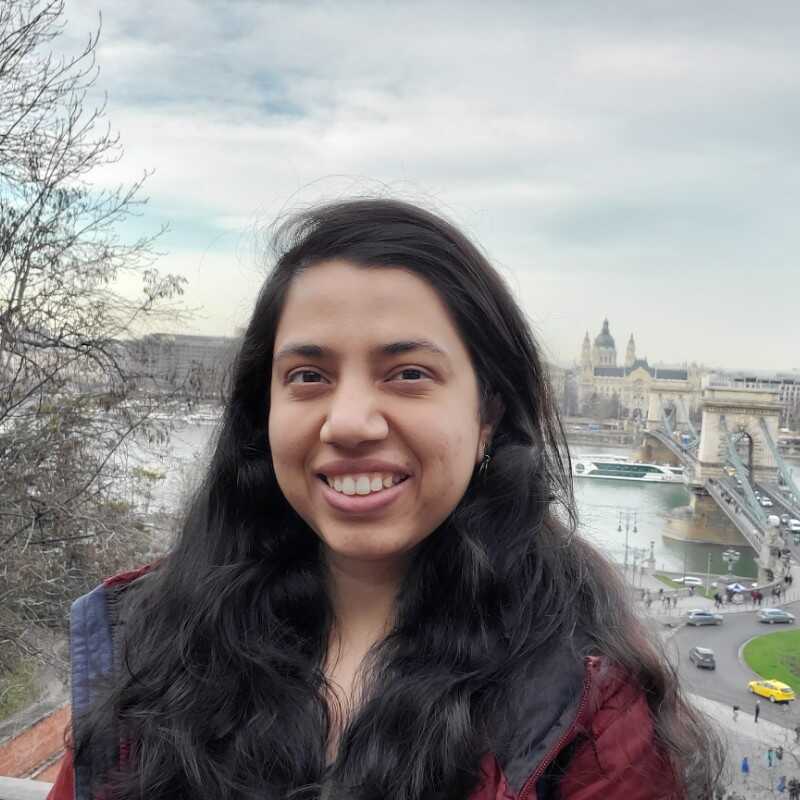
Swapna Thorve
Swapna Thorve is a PhD student in the Computer Science department at University of Virginia. She completed her Masters in Computer Science at Virginia Tech. She has a graduate certification in the Urban Computing program at Virginia Tech. Her research focuses on building models and simulations for understanding residential energy consumption behavior and frameworks to enhance the smart grid.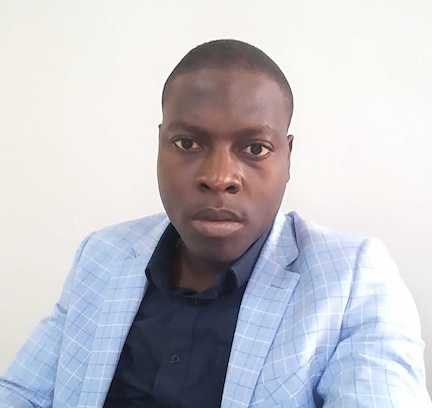
Claude Kondo Tokpovi
Claude Kondo Tokpovi is a PhD candidate in the demography department at the Université de Montréal. He has a background in Economics before doing a Masters in Demography. I am currently preparing my thesis at the PRONUSTIC (Programme en Nutrition, Santé Transnationales et Intercontinentale) laboratory and it focuses on gender inequalities within family structures and child mortality in sub-Saharan Africa.